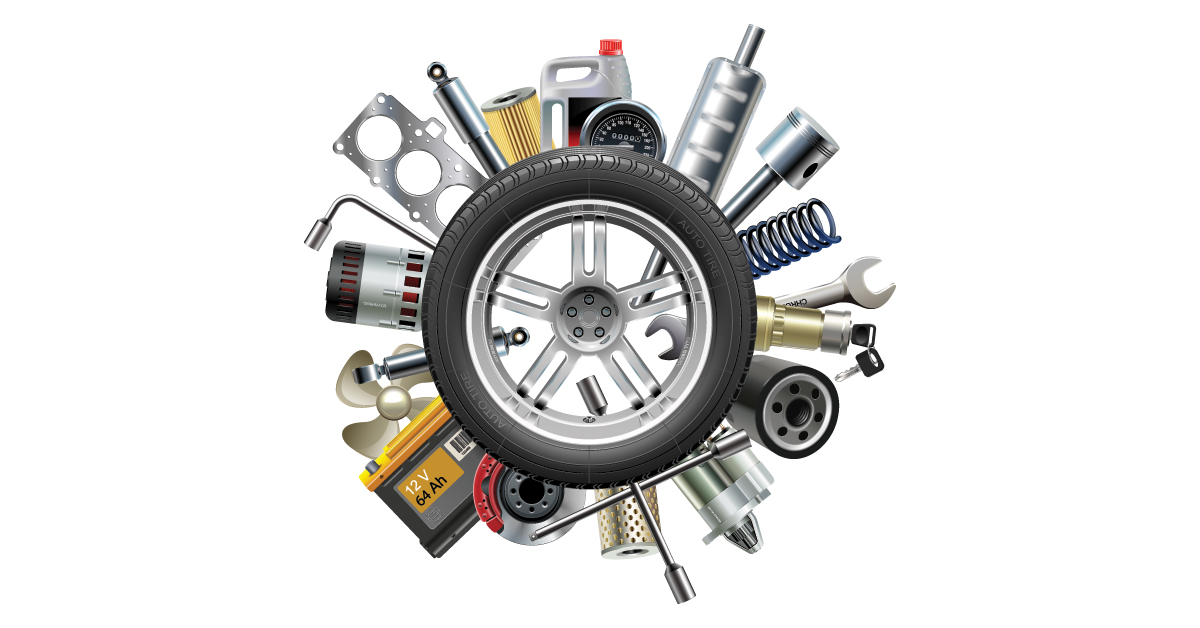
safety
Aug 28, 2019
6 Steps To Take If Your Vehicle Is Overheating
Why Is My Vehicle Overheating?
- Leaking Cooling System
- When there is a leak in the cooling system, it allows air into the system causing an airlock. The airlock blocks the coolant from circulating through the system, potentially causing the vehicle to overheat.
- Blockage in the Cooling System
- An obstruction in the cooling system doesn't allow proper circulation of coolant throughout the system. Some common obstructions are mineral deposits, a foreign object in the cooling system, and a faulty thermostat.
- Water Pump Failure
- The water pump is the main component of the cooling system for your vehicle. If this part fails, the cooling system has been compromised and is no longer able to circulate coolant.
- Coolant Consistency
- When temperatures drop below freezing, it can cause the consistency of the coolant to turn into a gel like substance and can result in blockage.
- Low Oil
- If your "Low Oil" light has been on for a while and you choose to ignore it, it could result in excessive friction from moving parts that can overheat the engine.
- Faulty Radiator
- As coolant passes through the radiator, the radiator helps regulate the temperatures of the coolant in your cooling system. If there are leaks, it causes the fluids to leak onto the engine.
- Broken Cooling Fan
- A cooling fan helps keep the engine temperatures low by blowing cool air onto it. If the fan is broken, there may not be enough air circulation to keep the engine temperatures down.
- Faulty Thermostat
- If the thermostat of your vehicle is broken, it cannot properly regulate the exchange of coolant when the engine is too hot or cold.
What To Do If Your Vehicle Overheats
- Shut off your AC (if you're using it) and open your windows.
- If the vehicle continues to overheat, turn on the heater and blower as high as it will go... even if it's summer.
- If you car is standing still and not in motion, put the vehicle into neutral or park and rev the engine a little.
- This will assist with circulating fluids and air through the radiator.
- Avoid frequent braking.
- Frequent braking, in traffic for example, increases stress on the engine. Use the gas and brake only when necessary.
- If your vehicle continues to overheat and/or your view through the windshield is obstructed by smoke, pull over in a safe area, turn off your vehicle, lift up the hood, and allow the engine to cool.
- DO NOT TOUCH THE ENGINE. The engine will be extremely hot and unsafe to touch.
- Have your vehicle towed, or if possible, safely and slowly drive your vehicle to be examined by a certified technician.
*These instructions are suggestions and standard practices for an emergency scenario. Sullivan Tire and Auto Service is not to be held liable or responsible in case of an accident or road emergency.
Additional Tags
Book Your Appointment Online
Easily request an auto or tire service on our website today!
Request an AppointmentRelated Articles



Maintenance
10 Basic Preventative Maintenance For Your Car | Sullivan Tire and Auto Service
10 Basic Preventative Maintenance For Your Car | Sullivan Tire and Auto Service
Aug 29, 2019



